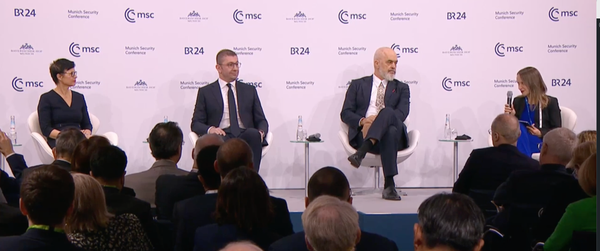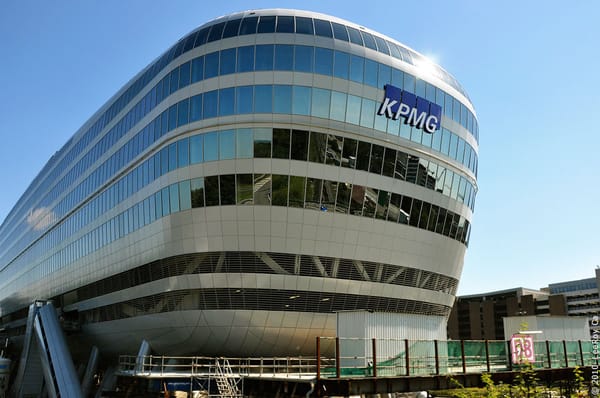
Baltics ranked #2 region for internet speed, Eastern Europe #4
In total 6 of 17 countries from Central and Eastern Europe (CEE) made the top 50 for fastest internet speeds, with an average download speed of 76.58 Mbps, placing it the 4th global region. CEE’s top performers were Slovakia, Hungary, and Romania, with average speeds of 145.19 Mbps, 112.15 Mbps, and 105.46 Mbps, respectively, with Albania, Croatia and Bosnia and Herzegovina the regional laggards.
The Baltic countries, classified as a separate region, ranked 2nd globally for average download speed, with 106.45 Mbps. Estonia, nicknamed “E-Estonia” led the region with an average speed of 113.1 Mbps, followed by Lithuania (110.74 Mbps) and Latvia (95.5 Mbps), reflecting the region’s focus on digital infrastructure.
Western Europe continues to lead with an average speed of 141.12 Mbps, but CEE is closing the gap, reflecting their ongoing digital transformation efforts. North America, with an average of 104.18 Mbps, remains competitive. The Near East, CIS, and Sub-Saharan Africa still face substantial challenges in boosting internet speeds.
For businesses operating in or targeting Eastern Europe and the Baltics, these findings underscore the importance of considering regional digital infrastructure when planning expansions or digital strategies. The robust internet speeds in the Baltics, for example, present a favourable environment for tech companies and startups, while the varying speeds in Eastern Europe highlight the need for individual approaches in different countries.
Iceland number one for broadband
Iceland was the global leader, with an average speed of 279.55 Mbps, thanks to its comprehensive fibre network that covers 99.9% of the population. Jersey, known for its pioneering fibre-to-the-premises (FTTP) initiative, followed closely with 273.51 Mbps.
Macau, despite showing little improvement, retained its third position globally with an average speed of 234.74 Mbps, while Liechtenstein, with its near-universal internet coverage, secured the fourth spot at 222.98 Mbps.
The slowest internet speeds were recorded in the British Indian Ocean Territory (2.38 Mbps), Turkmenistan (2.72 Mbps), Syria (2.8 Mbps), Yemen (2.99 Mbps), and Tajikistan (3.1 Mbps). The research data was gathered by Measurement Lab.





